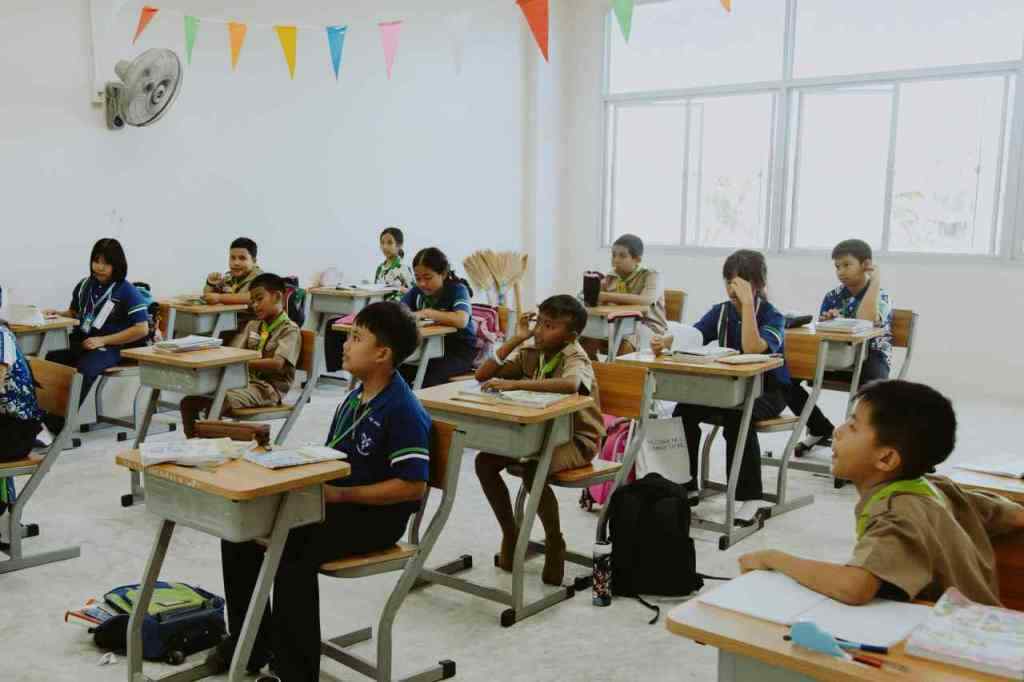Voice Actors Sue AI Firm Lovo for Alleged Voice Theft
Plaintiffs
Voice actors Paul Skye Lehrman and Linnea Sage have filed a lawsuit against AI firm Lovo, alleging that the company stole their voices and used them to create AI-generated versions without their consent.
Defendant
Lovo is an AI firm that develops technology for voice synthesis and voice cloning. The company has raised millions of dollars in funding and has been featured in major publications such as TechCrunch and Forbes.
Allegations
Lehrman and Sage allege that Lovo commissioned them to record voice samples under false pretenses. They say that they were told that the voice samples would be used for “academic research” only. However, they later discovered that their voices were being used in Lovo’s commercial products without their consent.
The plaintiffs also allege that Lovo misrepresented the use of their voice samples. They say that they were told that the samples would not be used commercially. However, they later found that their voices were being used in YouTube videos, podcasts, and other commercial products.
Background
Lehrman says that he received a voice-over request from a Lovo employee on Fiverr in May 2020. He was told that the voice samples were for “academic research only.” Lehrman was paid $1,200 for the job.
He later discovered that his voice was being used in a YouTube video and a podcast without his knowledge. He says that he was never contacted by Lovo for permission to use his voice.
Sage says that she was offered a job on Fiverr in 2019 to produce test scripts for radio ads. She was told that the scripts would “not be disclosed externally.” Sage was paid $400 for the job.
She later found her voice in a Lovo investor presentation demonstrating its technology. She says that she was never contacted by Lovo for permission to use her voice.
Voice Actors Sue AI Firm for Alleged Voice Theft: A Battle for Intellectual Property Rights
VI. Industry Impact
A. Ethical Considerations
The lawsuit raises ethical questions about the use of creative content for AI training. AI firms must consider the rights of artists and obtain proper consent before using their work.
B. Legal Implications
This case could set a precedent for future lawsuits related to copyright infringement and AI. It highlights the need for clear legal frameworks governing the use of creative content in AI systems.
VII. Conclusion
The lawsuit between Lehrman, Sage, and Lovo has far-reaching implications for the creative industry and AI development. It underscores the importance of protecting intellectual property rights and ensuring that AI systems are developed ethically.
As AI technology continues to advance, it is crucial to establish clear guidelines and regulations to protect the rights of artists. This case serves as a reminder that even in the digital age, creativity and intellectual property deserve protection.
